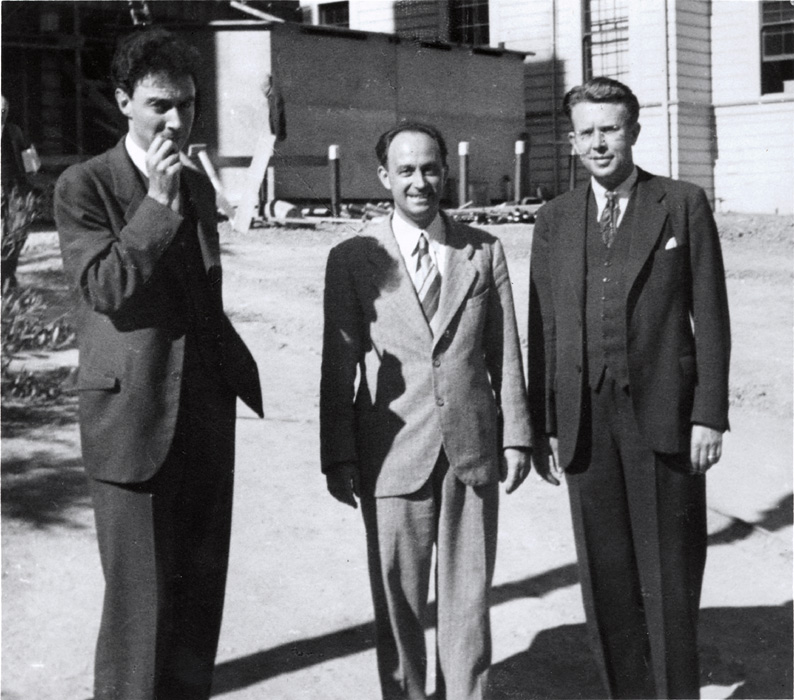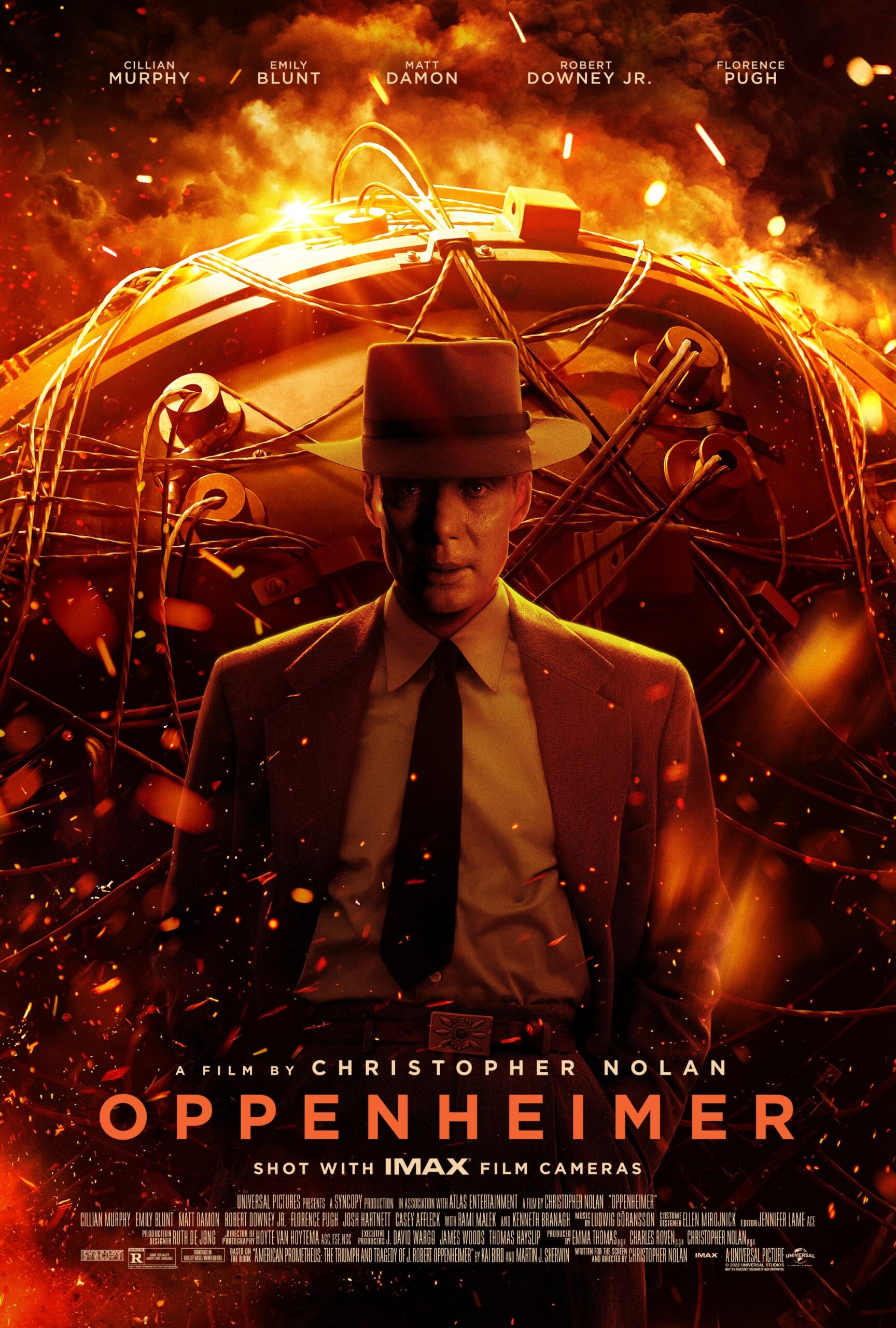
Oppenheimer
On the Same Page gives new students (and everyone else) at Berkeley something in common to talk about: a work that has changed the way we view the world. This year’s work, selected especially for the fall 2024 incoming class, is the film Oppenheimer.
Christopher Nolan’s Academy Award–winning film follows the spectacular rise and fall of J. Robert Oppenheimer’s career, beginning in the fall of 1929 when he arrived at Berkeley as an assistant professor in the physics department at the age of 25. The years he spent at Berkeley were a defining moment for the young professor and future father of the atomic bomb: here, he met close friends and collaborators, established his reputation as a charismatic public intellectual, and began his political awakening.
Our student reviewers were “fascinated by the questions the film raises about the value of technology” and “the role of academia in war.” Oppenheimer will change the way you see and think about UC Berkeley and our campus’s place in history and the world.
How to Watch
Stream Oppenheimer for free through UC Berkeley Library (CalNet authentication required). New students will have access to streaming through UC Berkeley Library starting August 21, 2024.
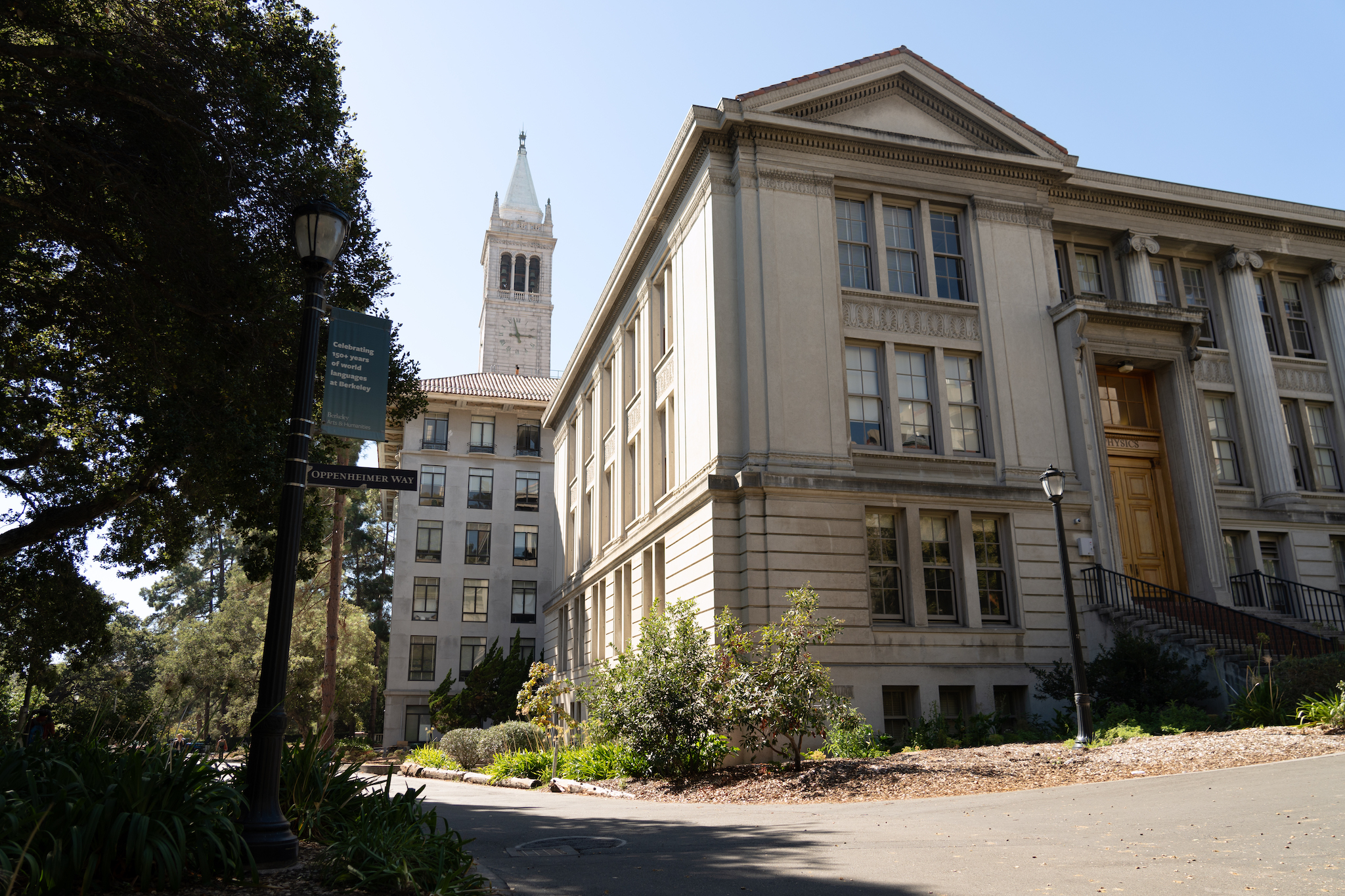
Events
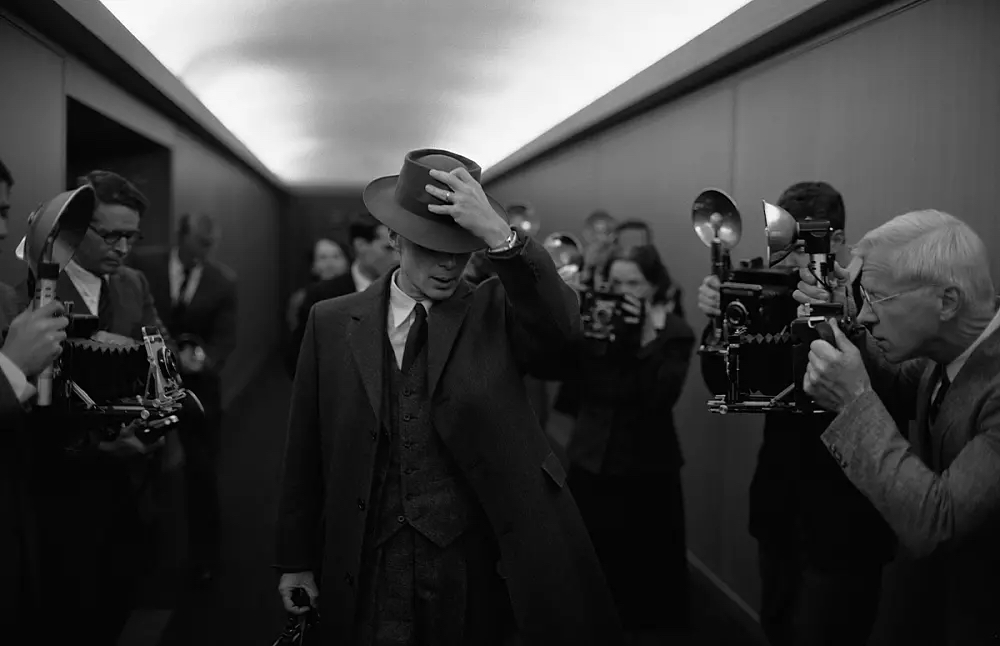
Free UC Berkeley Screening: Oppenheimer
Wednesday, September 4, 2024 | 5:00 PM (180 mins) | BAMPFA
Sunday, September 8, 2024 | 1:00 PM (180 mins) | BAMPFA
Christopher Nolan
United States, United Kingdom, 2023
These screenings are only open to UC Berkeley students, staff, and faculty as part of the On the Same Page program. Free tickets will be available at the admissions desk one hour prior to showtime. Attendees must present their Cal 1 Card to receive their ticket.
On the Same Page presents: What is Oppenheimer Good For? Panel Conversation and Q&A
Thursday, September 5, 2024 | 4:00–5:00 PM | Zellerbach Playhouse
Join us for a thought-provoking, interdisciplinary panel and Q&A discussion about the film Oppenheimer. We’ll hear from historians, physicists, and a filmmaker about Christopher Nolan’s Academy Award–winning film. Reception to follow.
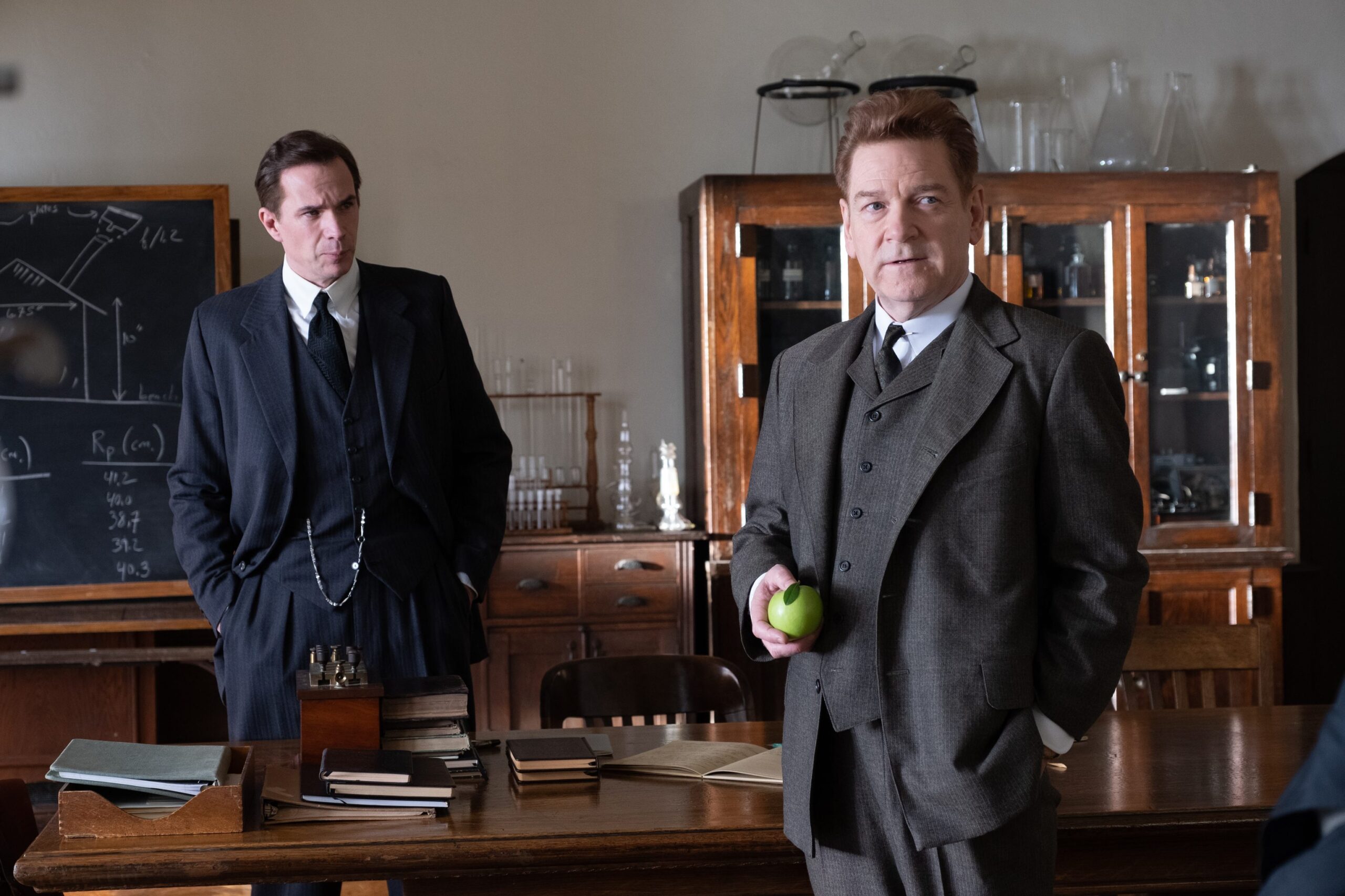
Beyond “Oppenheimer”
Friday, September 27, 2024 | 12:30–2:00 PM | 470 Stephens Hall
How can we place Oppenheimer into a larger frame and go beyond the story told by the film? What “more” can we learn beyond the film? We’ll ask, what is the value of technology and what is the role of academia and scientists in war? How does the inclusion of indigenous voices reframe this history and its meaning? What is the tension between how popular narrative works and how science worked at the time? How did parts of this scientific culture shape foundations for the counterculture of the 1960s? What do we all make of the cultural phenomenon of the “Barbenheimer” summer? Why, in 2023, were these the two particular historical touchstones from the mid-century United States that the public found so useful and salient?
Panelists: Fred Turner, Harry and Norman Chandler Professor of Communication, Stanford University; Dmitri Brown, Assistant Professor of History, UC Berkeley; Jeannette Estruth, Assistant Professor of History, Santa Clara University, and Faculty Associate at the Harvard Berkman-Klein Center for Internet and Society; and Deborah Poskanzer, Independent scholar and editor, Issues in Science and Technology
Moderator: Sandra Eder, Associate Professor of History, UC Berkeley; Director, Center for Science, Technology, Medicine, and Society (CSTMS)
This event is co-presented by the On the Same Page program and the Center for Science, Technology, Medicine, and Society (CSTMS). Lunch will be provided while supplies last.
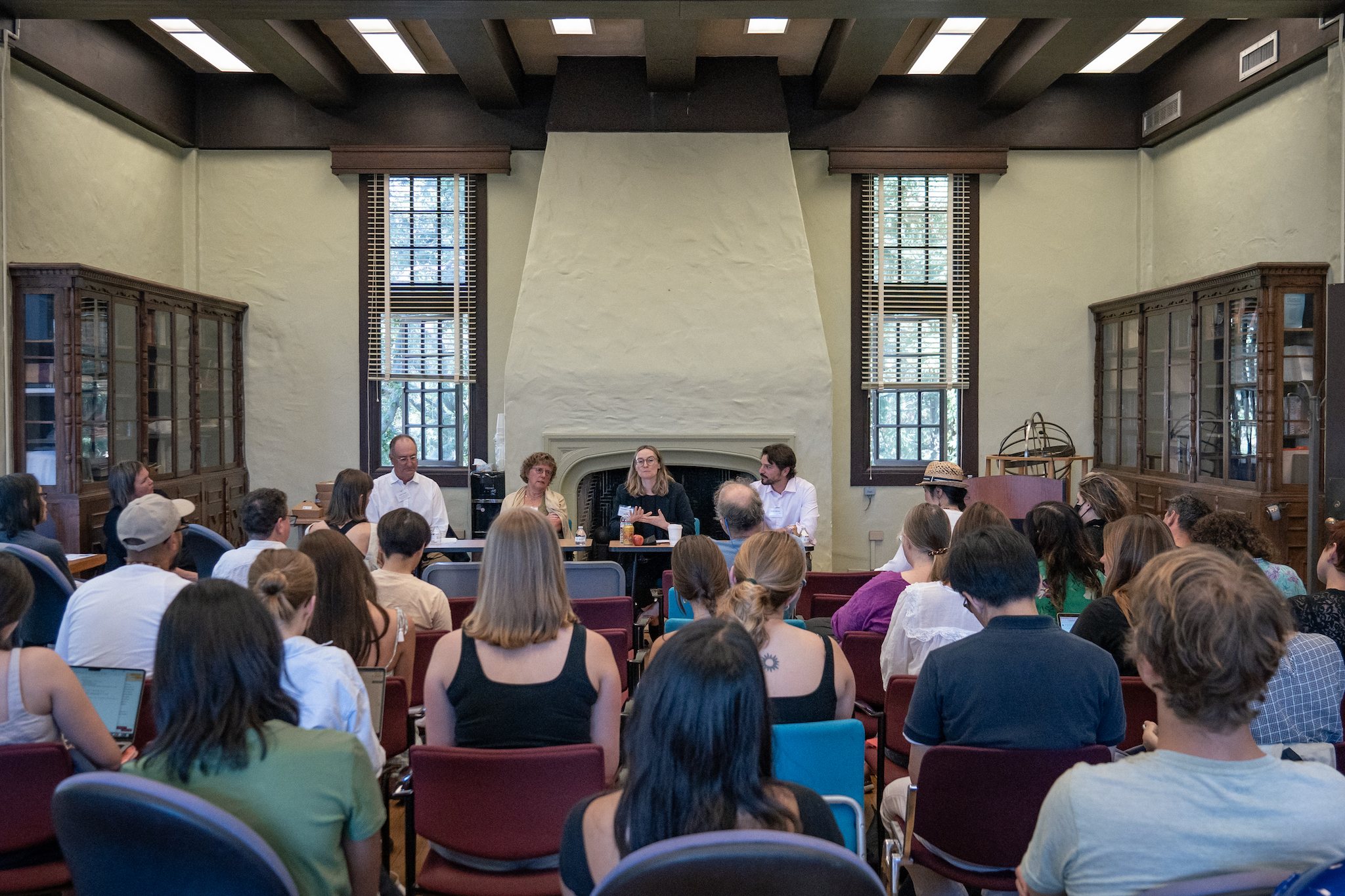
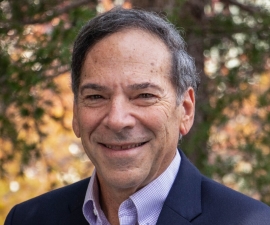
From Berkeley to Trinity via Manhattan: Lecture and Q&A with Eric B. Norman
Tuesday, October 8, 2024 | 12:00–1:00 PM | Banatao Auditorium, 310 Sutardja Dai Hall
Robert Oppenheimer successfully directed the Manhattan Project that led to the creation of the world’s first nuclear weapons. However, two other Berkeley faculty members played crucial roles in this development. Ernest Lawrence’s invention of the cyclotron enabled Glenn Seaborg to discover plutonium and led to the development of uranium isotopic enrichment. In this talk I will describe this work and our group’s investigations to authenticate the first sample of plutonium that was large enough to be weighed and to determine the explosive yield of the “Gadget” through studies of trinitite.
This event is co-presented by the On the Same Page program, the College of Engineering, the Center for Information Technology Research in the Interest of Society (CITRIS), and the student chapter of the American Nuclear Society. Lunch will be provided while supplies last.
Watch the event recording: https://www.youtube.com/watch?v=hPpEa1Fh7ls
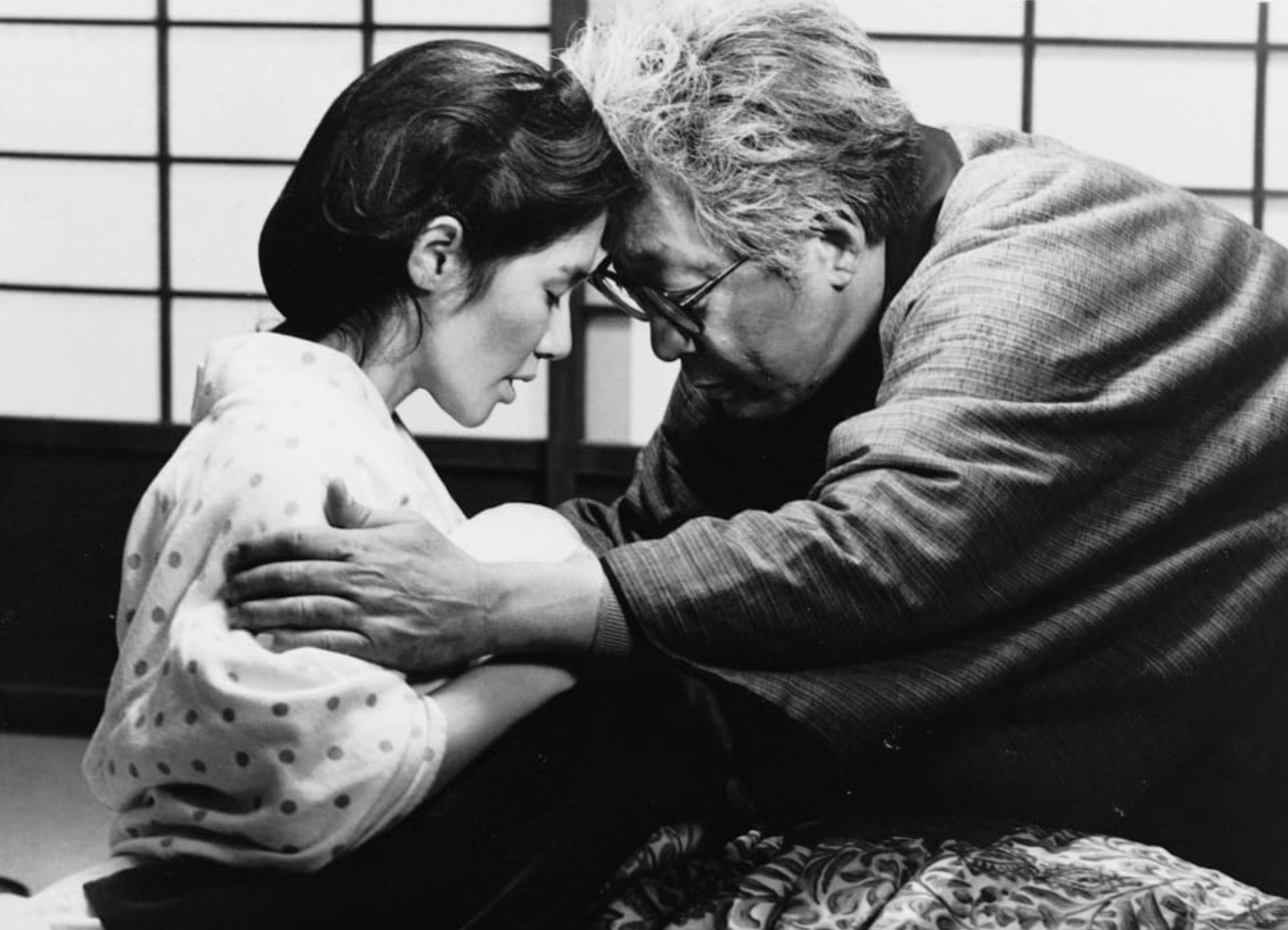
Free Film Screening: Black Rain (黒い雨, Kuroi ame)
Thursday, October 24, 2024 | 5:30 PM (123 mins) | 142 Dwinelle (Nestrick Room)
Shōhei Imamura
Japan, 1989
Yasuko (Yoshiko Tanaka), a young Japanese woman, is in Hiroshima when the U.S. Air Force drops a nuclear explosive on the city. Despite the destruction all around her, Yasuko manages to escape unscathed, and, as other survivors fall ill with radiation poisoning, she is able to stay healthy. But later, when Yasuko goes to live with her uncle Shigematsu (Kazuo Kitamura), who tries to help her start a new life, she finds herself unable to escape the social stigma of radiation sickness.
Read an introduction to the film by Jon Pitt, Assistant Professor of East Asian Studies, UC Irvine →
This event is co-presented by the On the Same Page program and the Center for Japanese Studies. UC Berkeley students, join us before the screening at 5:00 PM for pizza and fizzy water.
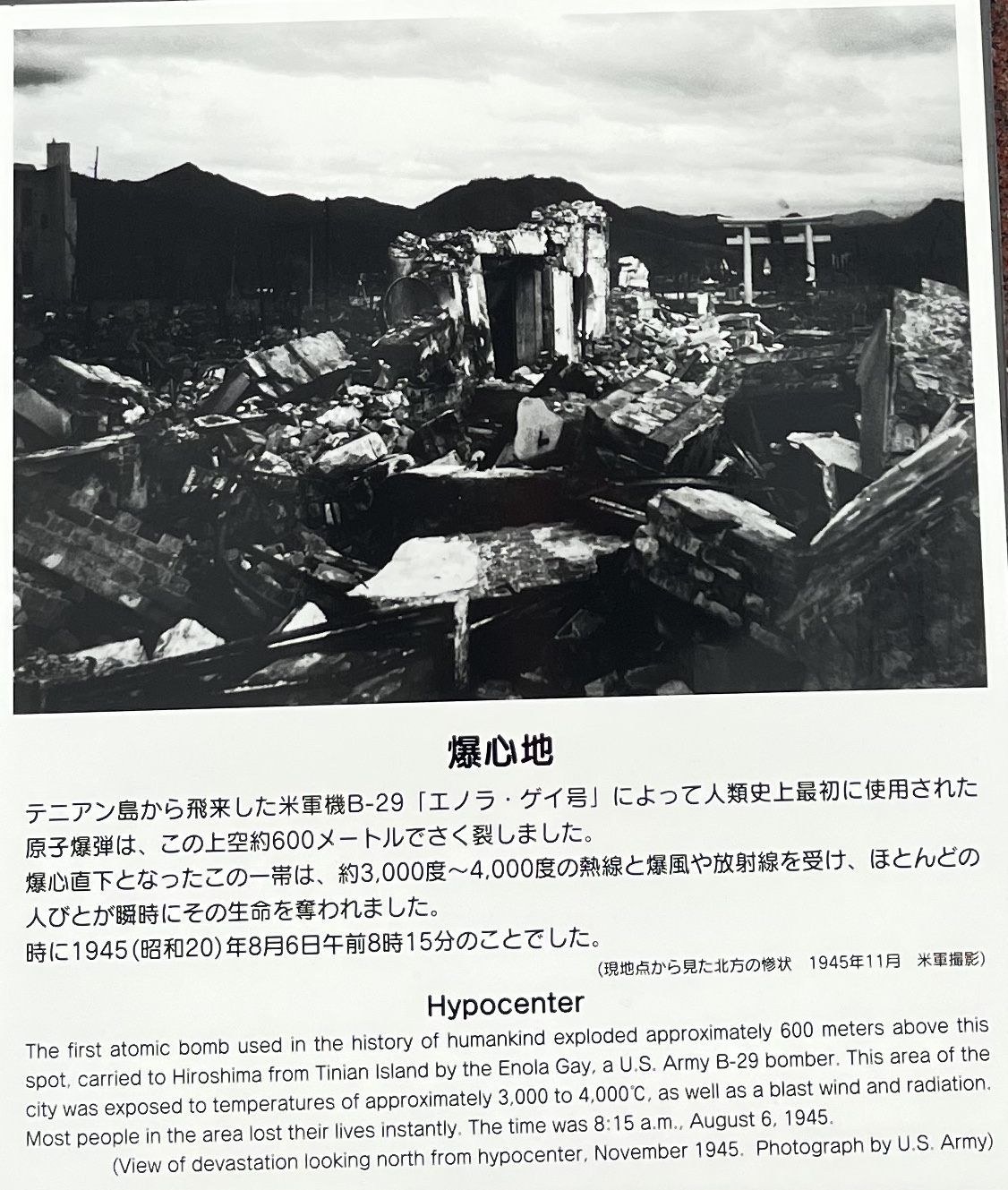
Oppenheimer’s Silences: The View from Japan
Friday, October 25, 2024 | 12:30–2:00 PM | 3335 Dwinelle
Three scholars of Japanese literature and culture present perspectives on the impact of the events depicted in Oppenheimer, rendered invisible in the film. Moderated by Miryam Sas, Professor of Comparative Literature and Film & Media, UC Berkeley.
“Reading Los Alamos, New Mexico in Japanese Literature,” Jon Pitt, Assistant Professor of East Asian Studies, UC Irvine
In this presentation, I discuss how Japanese authors have written about Los Alamos, NM, the birthplace of the atomic bomb. I focus on the relationship between family history and nuclear history in two Japanese writers and reflect on my own familial ties to the Los Alamos National Laboratory.
“Hiroshima and Vietnam,” Brian Hurley, Assistant Professor of Asian Studies, UT Austin
On June 14, 1965, the American writer John Hersey read excerpts from his noted non-fiction work Hiroshima (1946) at The White House Festival of the Arts. By framing his reading as an act of protest against President Lyndon Johnson’s escalation of American involvement in Vietnam, Hersey amplified the concern shared by others at the time that the Vietnam War could turn into a nuclear conflict. This presentation explores how Hersey linked the atomic bombing of Japan in 1945 to subsequent Cold War conflicts in Asia that are rarely read in relation to Hiroshima.
“Oppenheimer’s Silences, Victim’s Voices,” Shelby Oxenford, Assistant Professor of Instruction in Asian Studies, UT Austin
Throughout Oppenheimer, especially in its closing apocalyptic spectacle, where the fires of a nuclear holocaust consume the globe, the actual violence of the nuclear bomb is rendered invisible. Examining a sampling of Japanese films and literature from the bombing of Hiroshima to the nuclear disaster of Fukushima, my talk considers what Oppenheimer made disappear: the stories of victims and survivors.
This event is co-presented by the On the Same Page program and the Center for Japanese Studies. Refreshments will be served.

Lawrence Berkeley National Laboratory Tour
Tuesday, October 29, 2024 | 1:00–5:00 PM | Lawrence Berkeley National Laboratory
Open to UC Berkeley undergraduate students only. Sign-up is first come, first served, with priority given to students who are affiliated with MPS Scholars, Energy and Resources Minor, EOP STEM, Cal NERDS, and L&S 10: The On the Same Page Course.
This event is co-presented by the On the Same Page program and the Lawrence Berkeley National Laboratory.
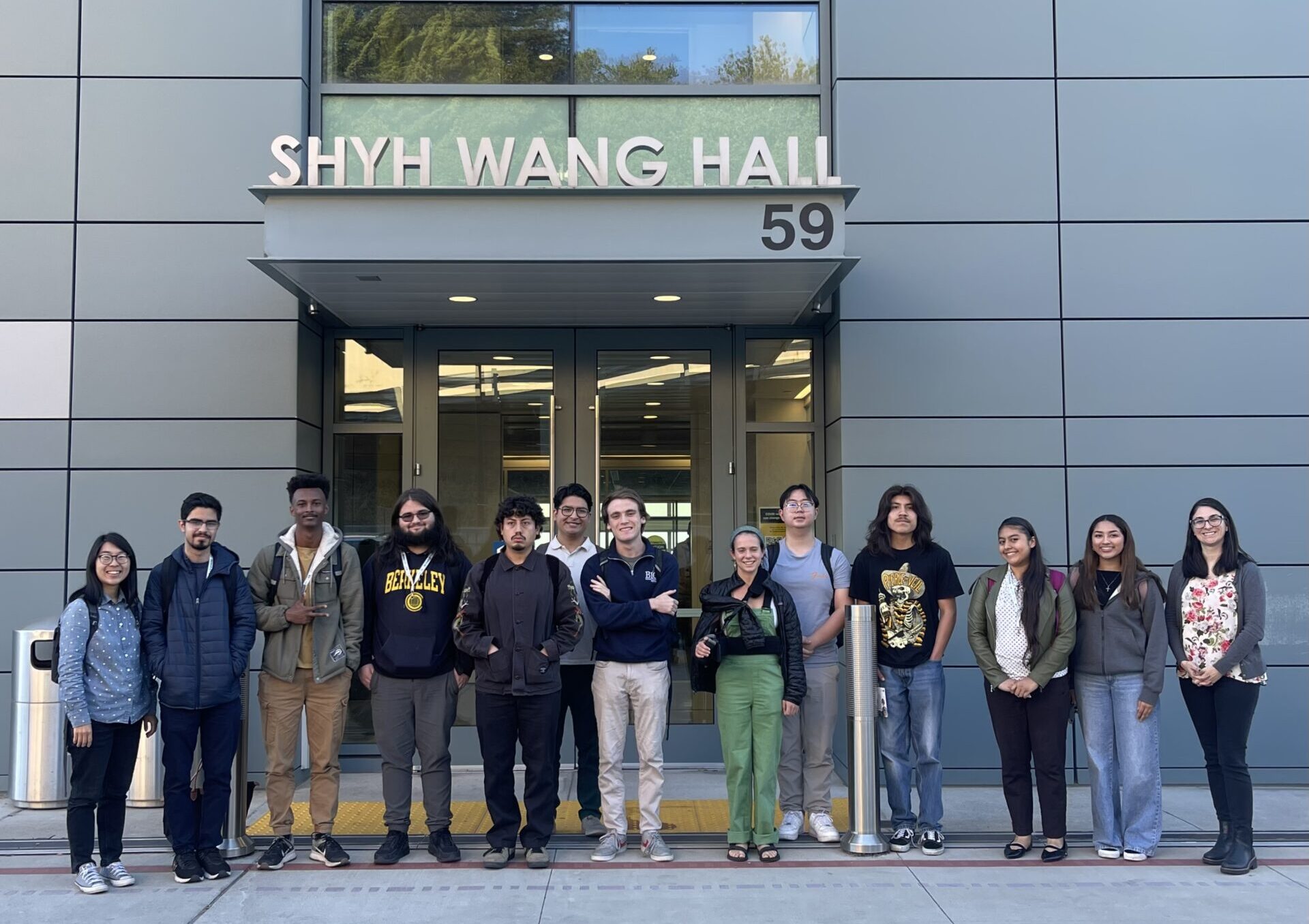
Courses
Dive deeper into the themes of this year’s selection through coursework. This year’s courses are offered through American Studies, History, Engineering, Physics, and others across campus.
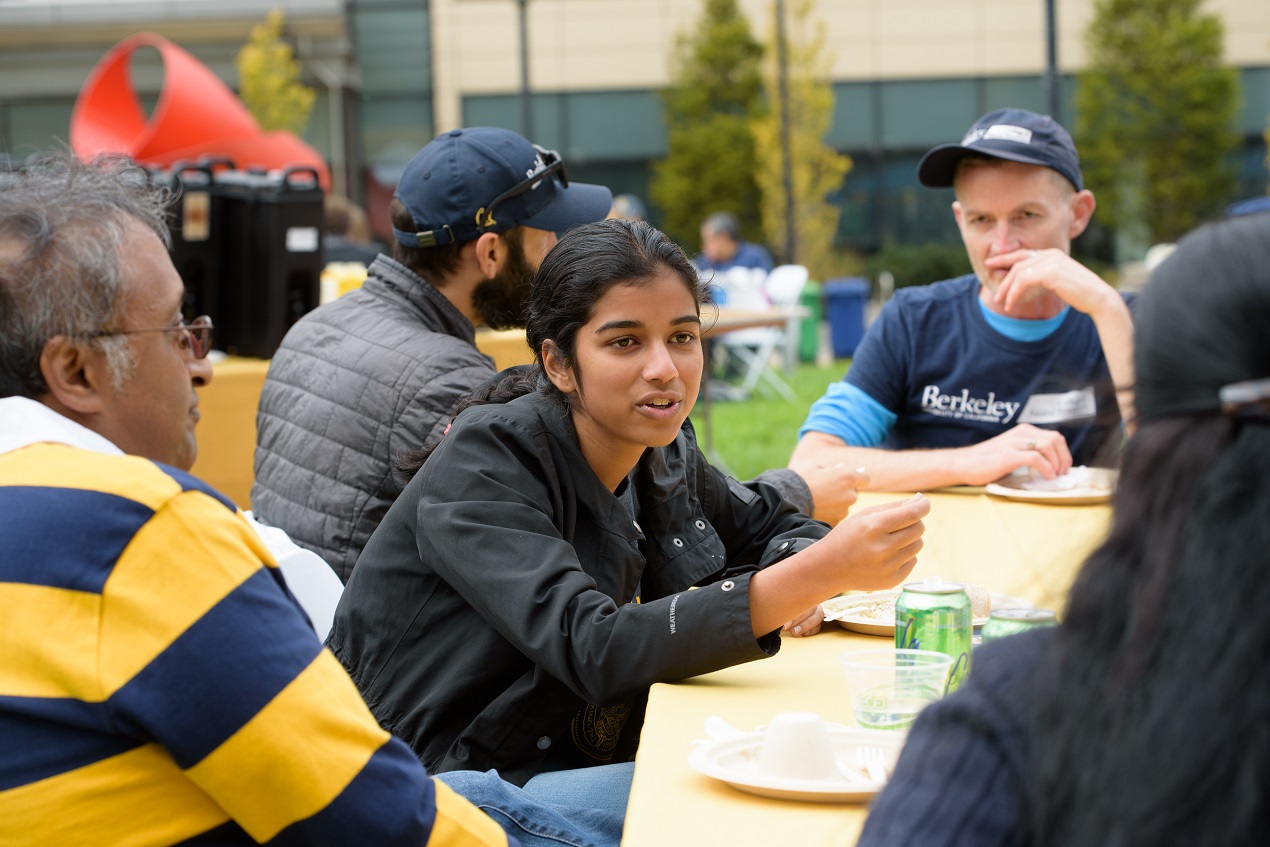
Resources and News
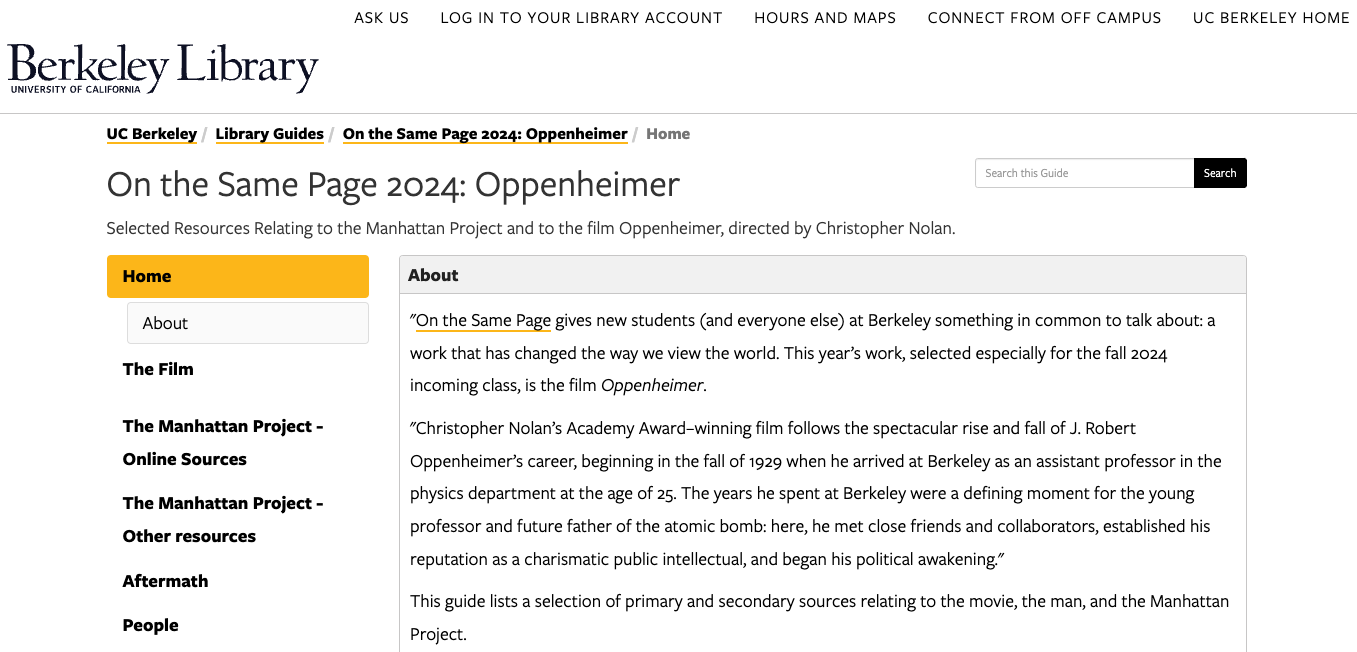
UC Berkeley Library Guide: Oppenheimer
Selected resources relating to the Manhattan Project and to the film Oppenheimer, directed by Christopher Nolan.
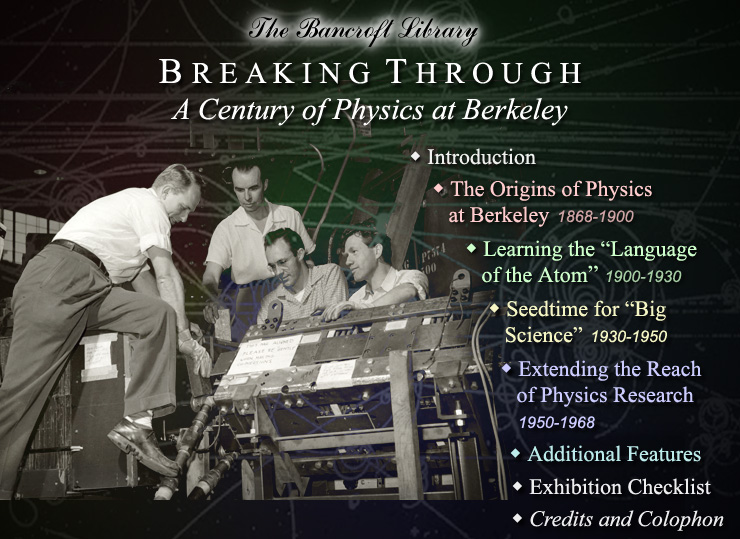
Breaking Through: A Century of Physics at Berkeley
The Bancroft Library’s online exhibit about Oppenheimer at UC Berkeley.

Cal NERDS
The Cal NERDS Program is comprised of a suite of programs and initiatives that provide faculty mentored research opportunities, specialized tech training, graduate school preparation, career coaching, community building, and professional development to high achieving STEM undergraduates and graduate students.

EOP STEM
The EOP STEM Program was created in order to bridge the needs of historically underrepresented students in the Science, Technology, Engineering, and Mathematics fields. By providing one on one support (through the Mentorship Program), leadership opportunities and guidance (through our company visits, the STEM Series, and the Exposure Conference), we aspire to help the next generation of leaders to accomplish their goals and cultivate a new definition for students in STEM.
Biology Scholars Program
At the Biology Scholars Program, we work side-by-side with students to access their untapped talent and create their academic and career blueprints. Our wrap-around multi-pronged approach includes student-centered mentoring, teaching, and alliance.
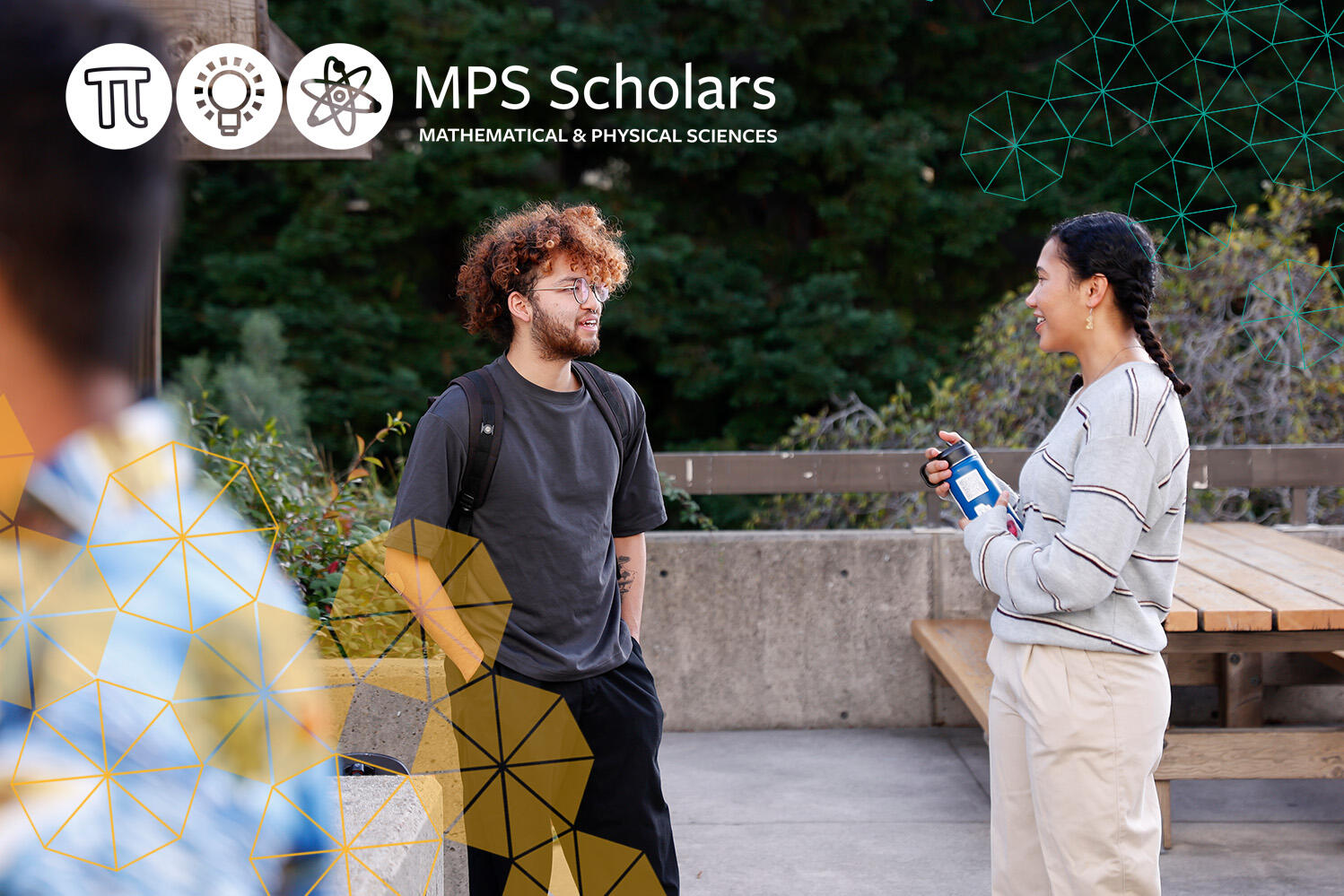
Mathematical & Physical Sciences (MPS) Scholars
Mathematical & Physical Sciences (MPS) Scholars is designed to achieve equitable outcomes for all undergraduates who are interested in the mathematical and physical sciences.

Center for Science, Technology, Medicine, & Society (CSTMS)
As a laboratory for the 21st century university, the Center for Science, Technology, Medicine and Society (CSTMS) conducts cross-disciplinary research, teaching, and outreach on the histories and implications of scientific research, biomedicine, and new technologies.

Undergraduate Minor in Science, Technology and Society (STS)
The STS Minor provides students critical thinking skills to effectively contribute to a world shaped by computing and artificial intelligence, environmental change, new medical technologies, and genetic engineering.
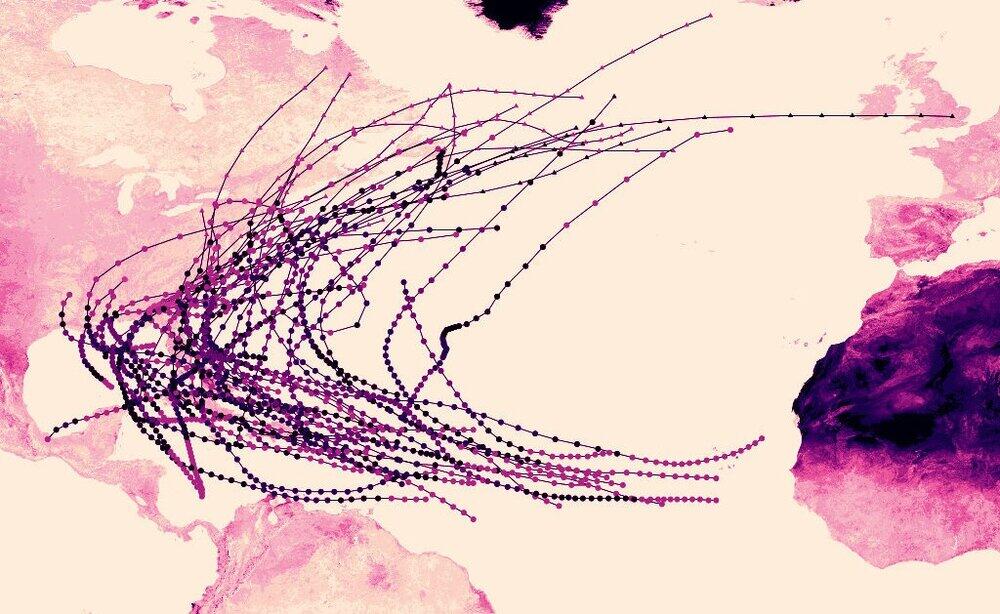
Sciences and Society Course Thread
Watch Professor of Anthropology Cori Hayden’s introduction of the thread: http://youtu.be/jcRlY8K6aNg

Center for Japanese Studies
The Center for Japanese Studies supports and promotes an encyclopedic array of research and teaching related to Japan; we also support the study of historic and contemporary connections between Japan and Japanese Americans.

Lawrence Berkeley National Lab
At Lawrence Berkeley National Laboratory, our mission is to expand the frontiers of knowledge and deliver solutions for science and humankind. LBNL is a U.S. DOE Office of Science national laboratory managed by the University of California.
Oppenheimer’s Pre-War Years at UC Berkeley
Saturday, October 7, 2023 | 4:00–5:00 PM | 105 Stanley Hall
Oppenheimer’s Berkeley Years: Pioneering Research & Personal Legacy
Friday, July 28, 2023 | 11:30 AM–1:00 PM | Chevron Auditorium at International House
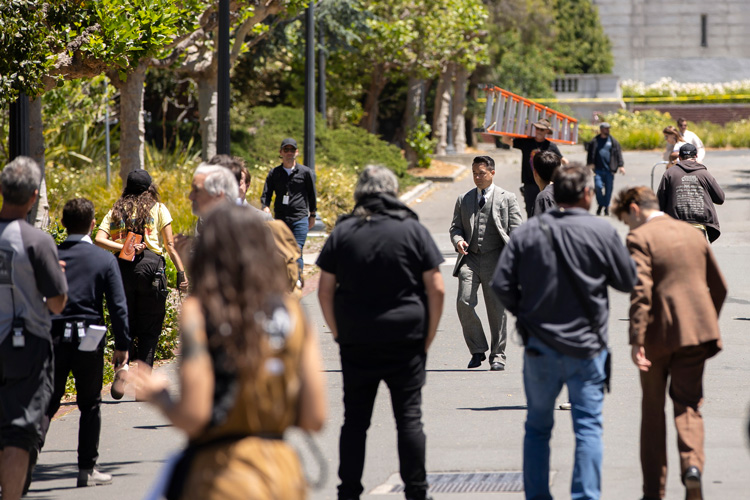
Film crew sends UC Berkeley back to the 1940s
June 2, 2022 | By Public Affairs
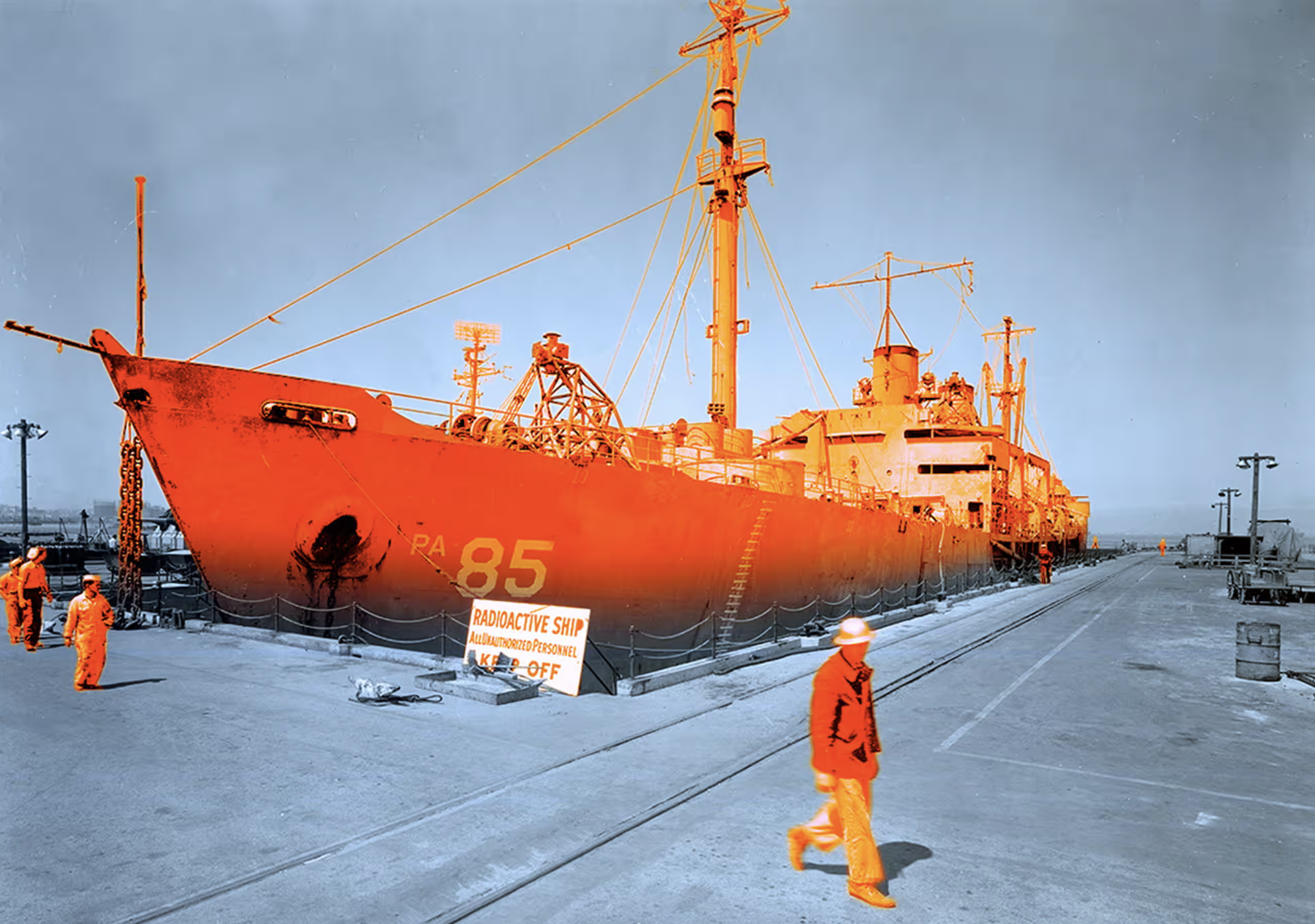
Revealed: how a San Francisco navy lab became a hub for human radiation experiments
By Chris Roberts, San Francisco Public Press | The Guardian | November 25, 2024
Read more: Exposed: The Human Radiation Experiments at Hunters Point
Faculty Planning Committee
Faculty with expertise in the themes of this year’s selection, from a wide range of disciplines, plan engaging events and activities for students throughout the academic year. In previous years, the faculty planning committee has organized panels, roundtables, film screenings, concerts, faculty dialogues, karaoke nights, contests, and more.
If you would like to join our efforts, please email Aileen Liu.
Acknowledgments
Selection Committee
David Ackerly, Environmental Science, Policy, and Management, and Integrative Biology
Stephen Best, English and Film & Media
Elisa Diana Huerta, Centers for Educational Justice & Community Engagement
Corliss Lee, Library
Oliver O’Reilly, Mechanical Engineering
Aileen Liu, Chair, Director of Curricular Engagement Initiatives
Student Reviewers
Alaina Delsignore, Alexa Gutierrez Reyna, Carina Kim, Chris Harjadi, Daniela Arreola, Kierstyn Cohen, Kuldeep Dungarwal, Lucille Lorenz, McKinley Keys, Muhammad Ibrahim Noon, Nichelle Wong, Niki Ebrahimnejad, Prab Kaur, Samantha Lindsay, Sardaana Eginova, Sofia Gonzalez, and Zeyu Hou
Volunteers
Carolyn Clark, Laura Demir, Sara Larsen, Chelsea Prieto, Jessica Stewart, and Bibi Zaragoza
Special thanks to Sandra Eder, Junko Habu, Kumi Sawada Hadler, Sonya Lee, Davinder Sidhu, and Belinda White
